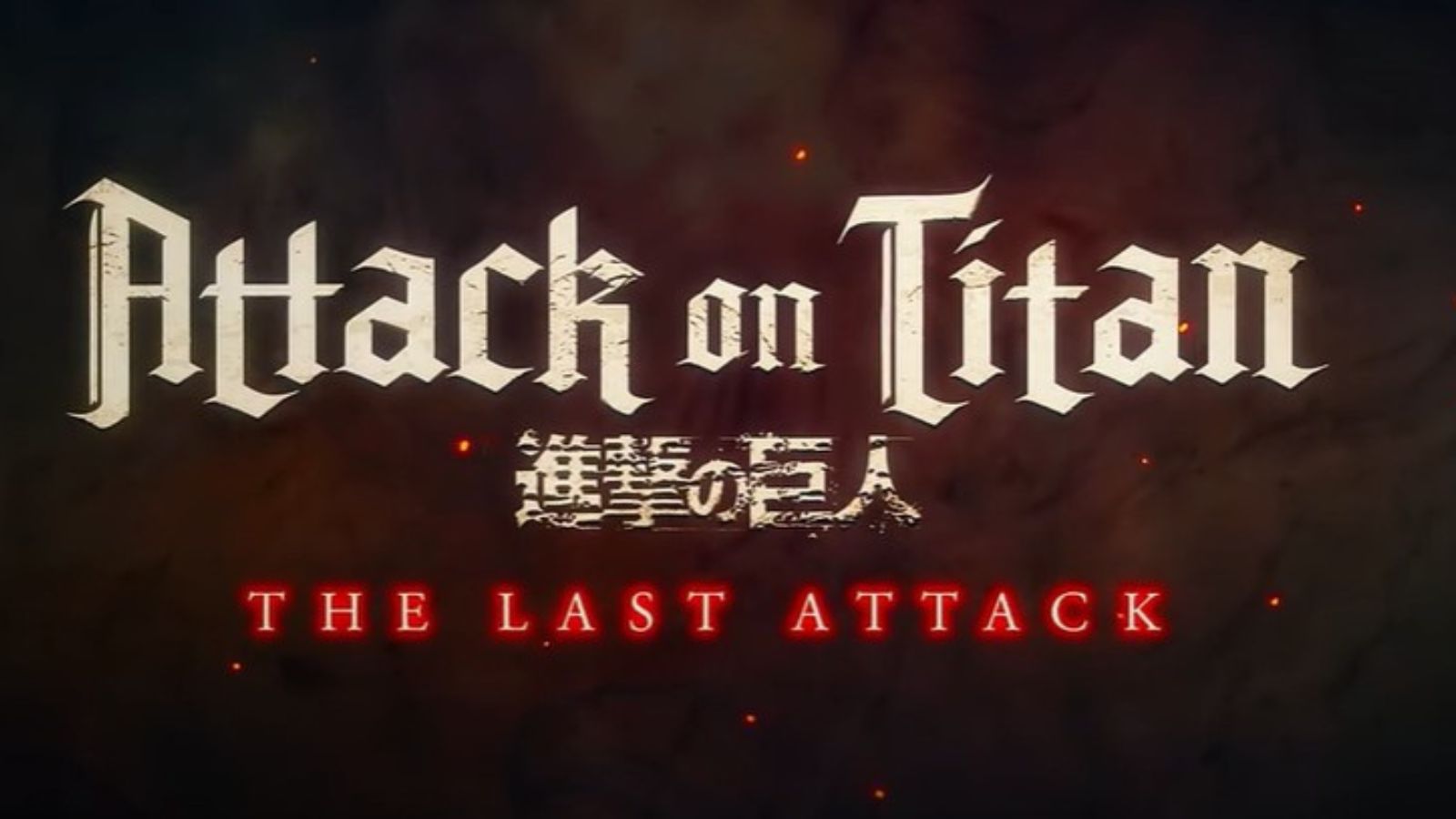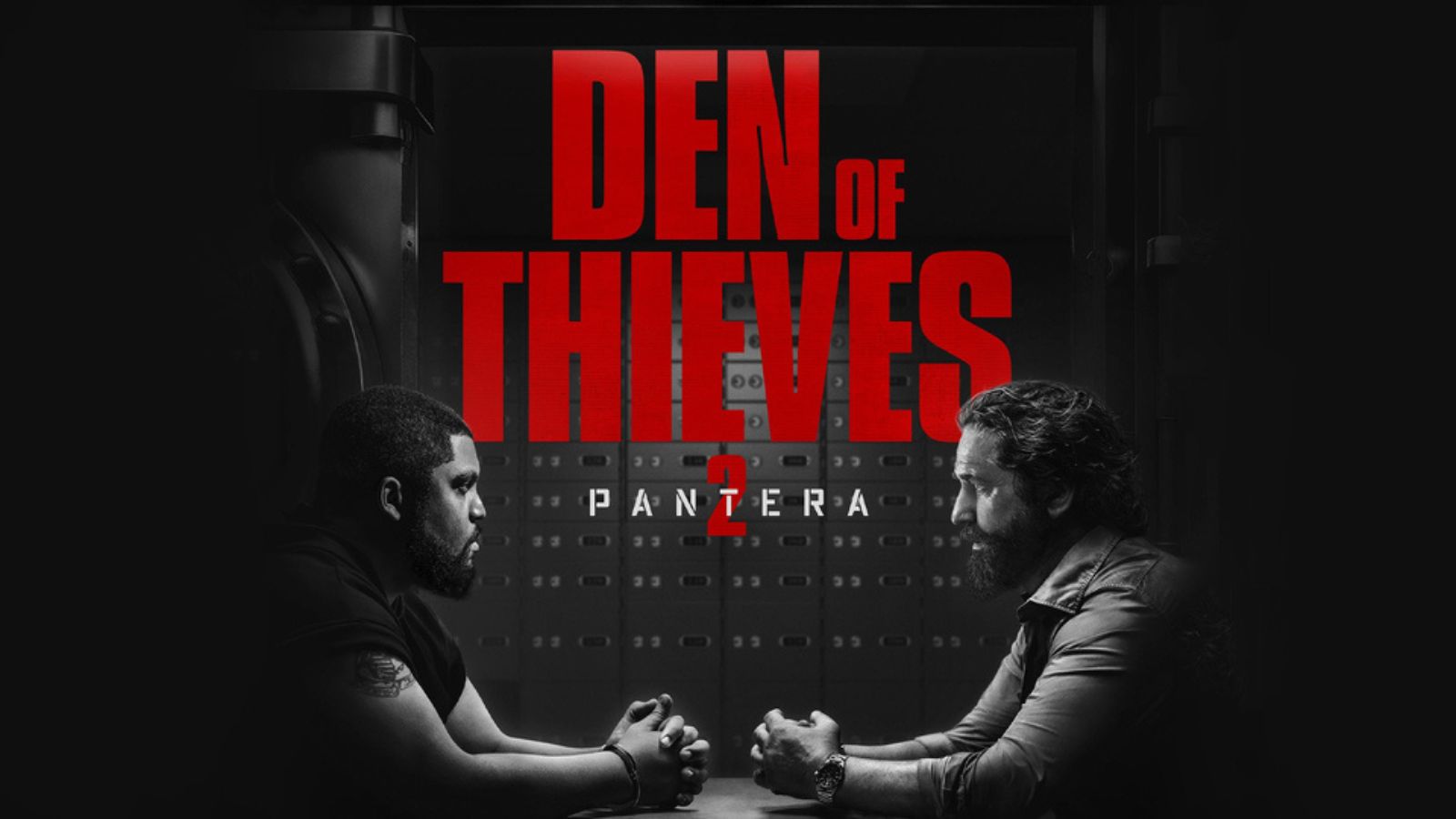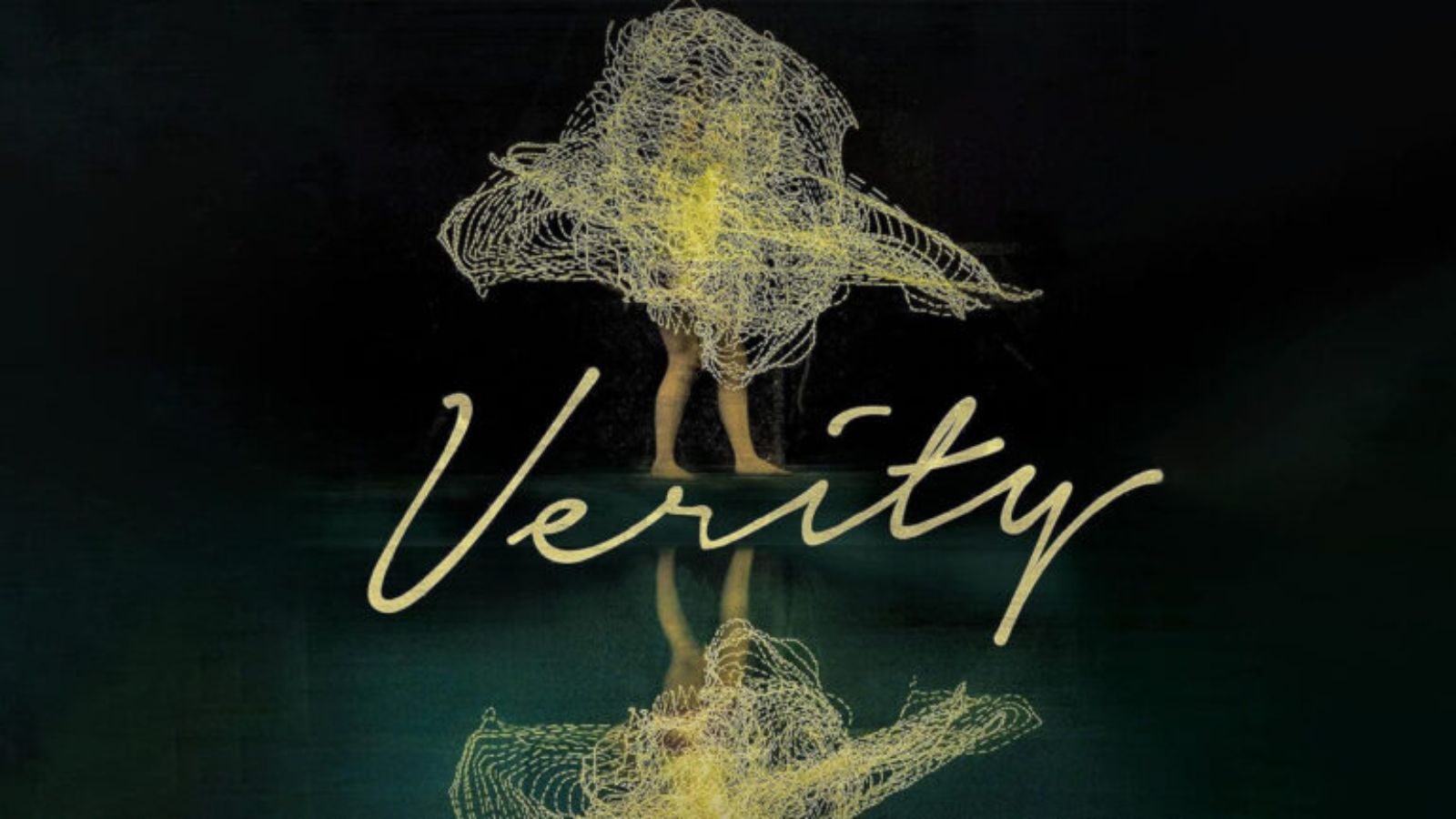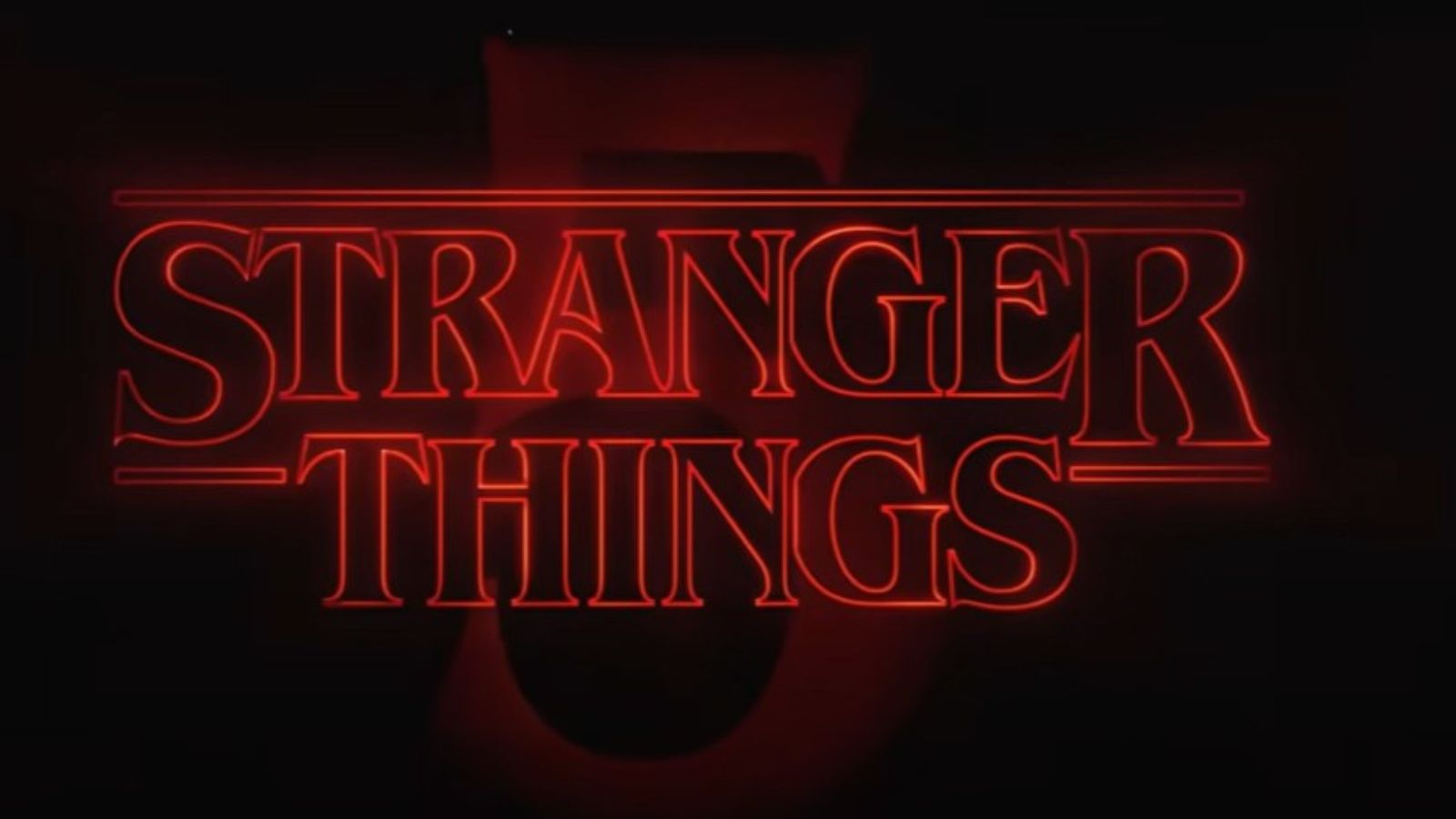
Canadian Pirates Rejoice as INDU Decided not to Criminalize Streaming
- The Canadian Standing Committee responsible for reviewing the Copyright Act Law has published the results.
- The committee believes that streamlining site blocking or targeting individual pirates is the wrong way to go.
- They suggested the expansion of the already extensive Whois database to include IPv6 entries.
Last week, we reported about Bell Canada trying to render IPTV streaming in the country a crime and to institutionalize site blocking. The submissions for the consideration of the Standing Committee on Industry, Science, and Technology (INDU) came from various places and remained mostly a secret. Finally, the committee has completed their review and published their advisory proposal for Canada’s new Copyright Act, which respects people’s right to using the internet in the way they want (and face the consequences when breaking the law), although acknowledges that there’s a copyright protection gap.
Rightsholders have applied immense pressure on the committee, trying to convince them to propose stricter copyright protection laws, covering popular content uploading platforms such as Facebook and YouTube. More specifically, the lobbying parties have pushed for the removal of section 31.1 and 41.27 of the Canadian Copyright Act, that is currently serving as safe harbors for pirates. While the committee agrees on the existence of the gap, they see the possibility of amending the sections as a blunt solution to address the problem. Instead of just moving forward with aggressive amendments, the committee suggests that the country’s lawmakers should monitor EU’s dealings on the matter and see what works well and what doesn’t.
Moreover, the committee believes that targeting individual pirates would not be the best approach to take, as many of them engage in copyright infringement without even realizing it. Instead, they suggest that fighting large-scale infringers who also make money out of their activities should be the focus of the authorities. Even though the committee notes that pirate site blocking should continue, as usual, they feel that creating a regime that would be devoted to this activity and help streamline the blocking process could lead to massive internet censorship in the country. As they point out:
“It is for the courts to adjudicate whether a given use constitutes copyright infringement and to issue orders in consequence. The courts already have the expertise necessary to protect the interests of all involved parties. Reviewing the Act is not about deciding who is right between stakeholders, but about capturing as many perspectives as possible to ensure that, on the whole, the resulting recommendations reflect the reality of living together.”
image source: torrentfreak.com
Finally, the committee accepted ARIN’s (American Registry for Internet Numbers) proposal to maintain a “Whois database” that will help identify pirate website owners. While a Whois database for IPv4 is already present, the committee suggests the addition of IPv6 entries as well, so everyone is covered and no one can hide.
How do you see the above? Let us know of your opinion in the comments down below, and don’t forget to also check our socials, on Facebook and Twitter.







